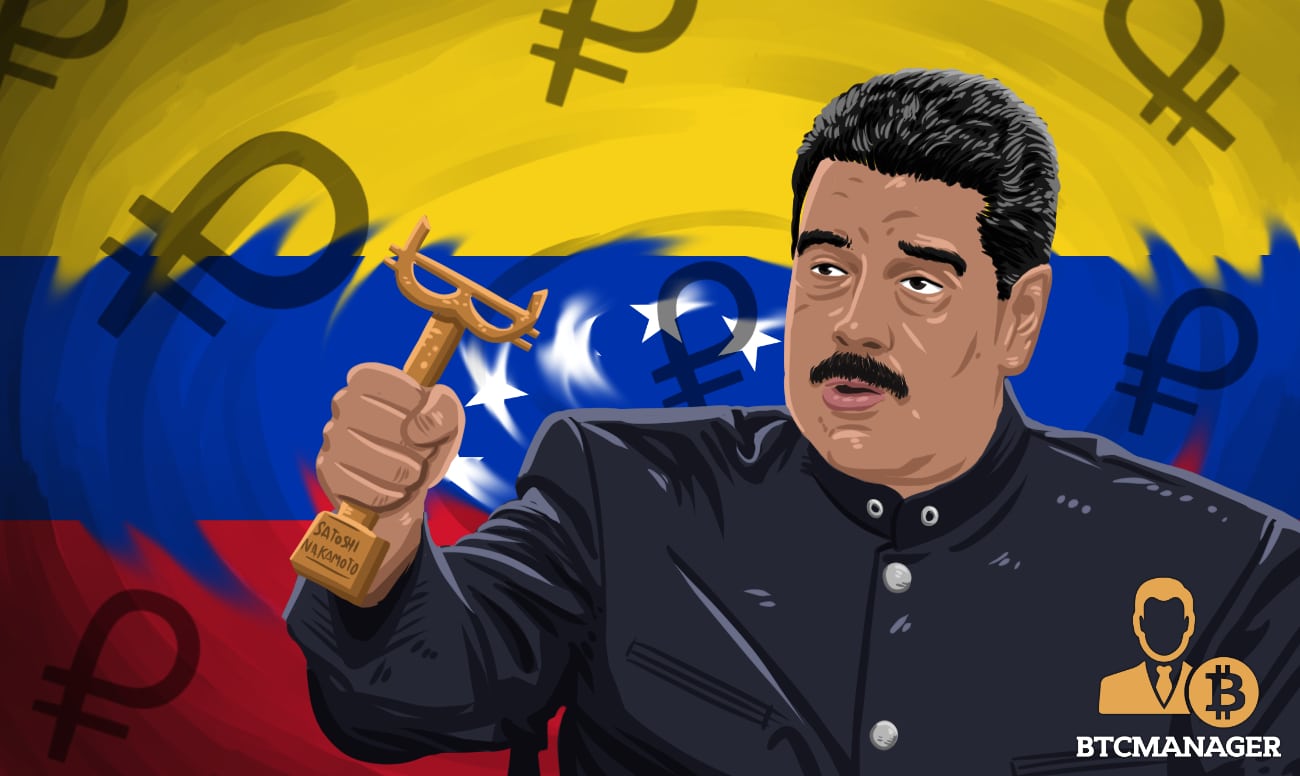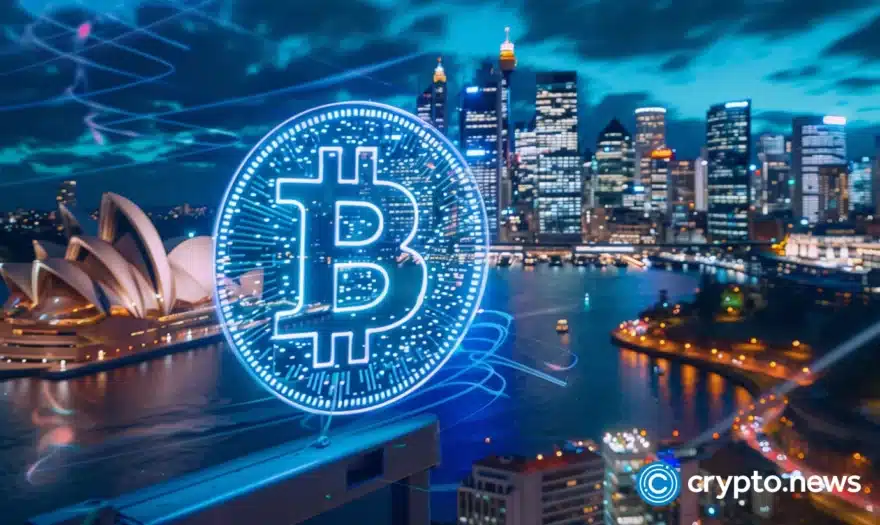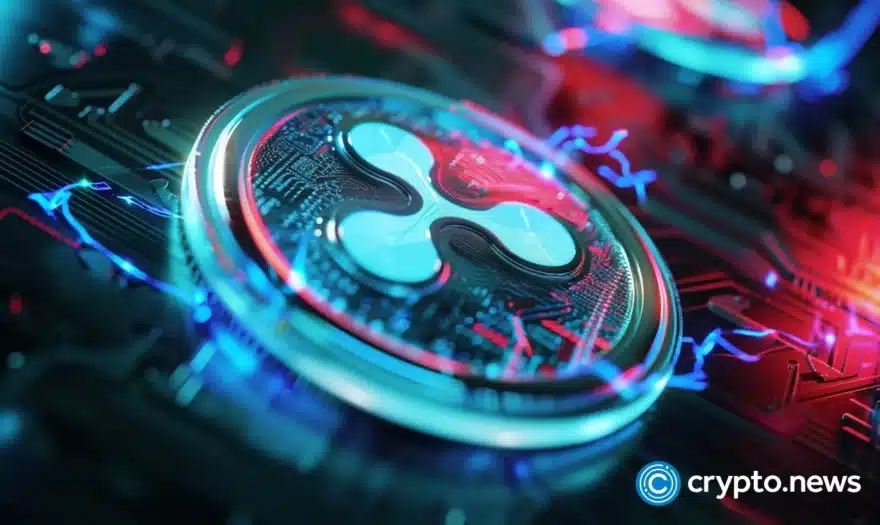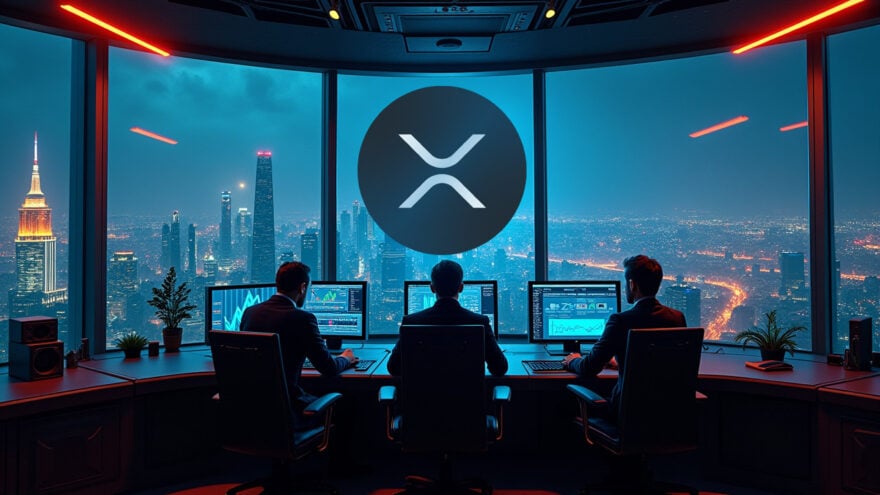The Venezuela State-owned Cryptocurrency Receives the Satoshi Nakamoto Prize in Russia

The Venezuela state-owned cryptocurrency, Petro, has been awarded the Satoshi Nakamoto Prize by the Russian Cryptocurrency and Blockchain Association (RACIB). The award ceremony was part of RACIB’s BLOCKCHEINF-2018 international congress.
Suspected Russian Involvement
RACIB is an advocacy group active in the Russian blockchain and cryptocurrency scene. Petro was one of the 13 other award recipients in different categories encompassing mainstream finance, fintech, and government institutions. The ceremony took place at the World Trade Center, in Moscow, Russia.
The award given to the Petro was for the cryptocurrency’s remarkable contribution to the development of the blockchain industry. Carlos Rafael Faria Tortosa, the Venezuelan ambassador to Russia, was in attendance at the event to receive the award.
This award is also likely to reinforce the suspicions of Russian involvement in the Petro cryptocurrency. Reports emerged in March 2018 that Russian government officials had assisted Venezuela to actualize the creation of the Petro cryptocurrency.
Additionally, Oleg Nikolaevich Ryazantsev, the Russian Deputy Industry, and Commerce Minister traveled to Venezuela in April 2018 to discuss terms of cooperation on specific issues. One such concern was the adoption of the Petro as a vehicle for international trade.
A March 2018 Time report alleged that Russia secretly aided Venezuela to develop and launch the Petro cryptocurrency in a bid to undercut U.S. sanctions. The report states that Russian associates, Denis Druzhkov and Fyodor Bogorodsky, working for the government under the aegis of President Vladimir Putin, were used as intermediaries between Russia and Venezuela.
Both individuals are also top officials of two companies listed by Venezuelan President, Nicolas Maduro as being part of the Petro cryptocurrency project. Russian state officials have denied any involvement, calling the reports “fake news.”
The Many Controversies Surrounding “El Petro”
These revelations whether accurate or not call into question the legitimacy of the Petro as a cryptocurrency. The pioneers of the technology envisioned a financial system that was decentralized and not in the control of a particular government. Rumors of substantial state involvement in the Petro cryptocurrency is thus not particularly attractive to cryptocurrency purists.
This debate is yet another controversy that has hit the much-maligned Petro cryptocurrency which has faced fierce criticism and opposition since it was announced at the end of 2017.
The Venezuelan legislature even described the Petro as being illegitimate, calling it illegal and unconstitutional. Many of its harshest critics within the country see it as another avenue for the entrenchment of corruption in a country already beset by crippling economic crisis. U.S. President, Donald Trump, also recently signed an executive order banning the cryptocurrency in the United States.
President Maduro believes, however, the Petro is a viable way by which the country can circumvent those sanctions and begin to prosper again as a nation. In an address delivered to the nation in February 2018, President Maduro announced that the Petro raised about $735 million during its pre-sale.














